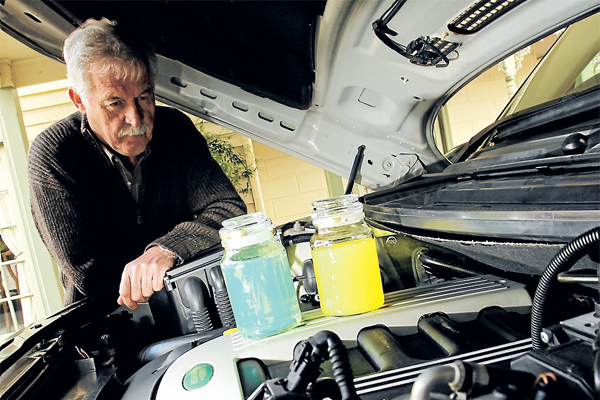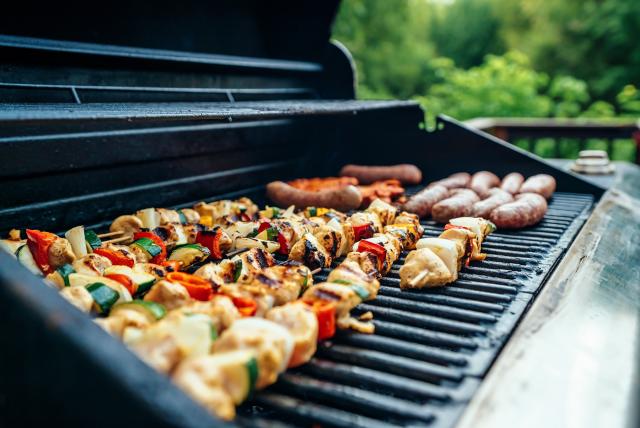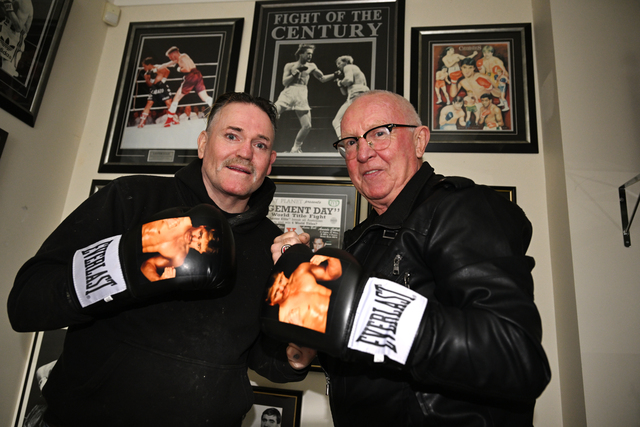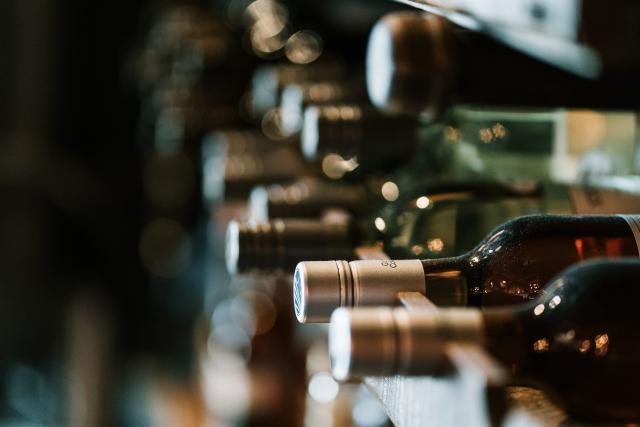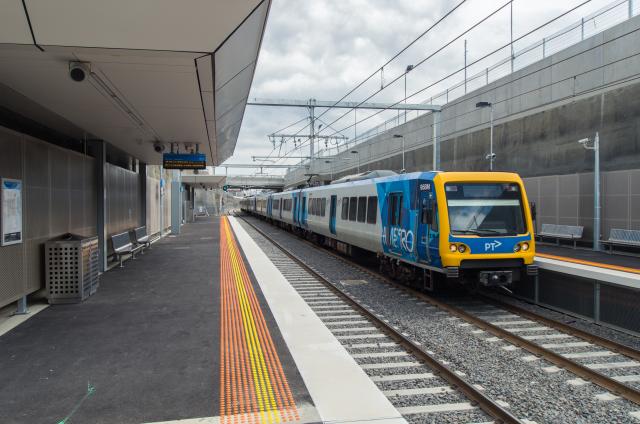A NEWPORT motorist whose Range Rover engine was damaged by contaminated fuel has acted to protect other consumers from landing in the same predicament.
Ray Lindner, a former diesel mechanic and honorary assessor for the National Association of Testing Authorities, says he was sold diesel at a Liberty service station at the corner of Maddox Road and Mason Street, Newport.
Liberty Oil’s national co-ordinator, Syd Berry, denied the contaminated fuel at issue was Liberty’s.
“This claim about contaminated diesel relates to supply from a period before the Liberty branding and supply of the site,” he said.
“We have requested the site operator lock the pumps until the product meets quality standards and told him we will not supply any diesel until this occurs.”
The Victorian Automobile Chamber of Commerce said the Liberty service station was not a member.
The Commonwealth fuel regulator is the Department of Sustainability, Environment, Water, Population and Communities (DSEWPC).
The Weekly understands it has only two investigators to cover all of Australia.
Service station owner Harmeet Rupana says he is as much a victim as Mr Lindner, adding that the fuel contamination was caused by a leaking pipeline.
Mr Rupana agreed to compensate Mr Lindner after the latter commissioned a report from independent laboratory Tec Check, via Cummins Diesels at Laverton.
“The people at Cummins Diesels stated that it was the worst case of contamination they had seen,” Mr Lindner said.
In his report this month, laboratory manager Deepal Patel stated: “On the basis of the testing, the fuel is considered not suitable for use as automotive diesel fuel as moisture content is high”.
Mr Lindner’s diesel fuel system repairer, John Diesel at Hallam, confirmed there had been “water contamination” through the Range Rover’s injectors, causing them to rust.
Mr Lindner said he was angry that despite Liberty’s Oil’s side of the story, the fuel he bought for sampling was sold under a Liberty banner stating: “Quality Fuel Guaranteed”.
“The biggest disappointment to me is identifying the fuel, ringing the company involved which was Liberty Fuel, finally getting hold of the Victorian representative who came out and checked the tank and he said it didn’t indicate water.
“Well, it has got a lot of water in it – it’s got 21 times the allowable limit of water.
“I finished up getting onto a federal department that has the responsibility for fuel quality, but they’re saying they don’t have enough fuel inspectors to cover the country.
“My mission [is] to stop other people getting into the predicament that we’ve been in.”
After being approached by the Weekly, Mr Rupana agreed to lodge an insurance claim to cover
Mr Lindner’s costs, which amount to more than $5000 but could rise if his engine needs to be rebuilt.
Mr Rupana said he realised in December there was a pipeline leak after customers complained.
“The issue was basically we had actually the underground pipeline leaking and we spent around $18,000 to fix that underground pipeline and it’s all absolutely fine now.
“We had actually a couple of vehicles’ [owners] complaining to us about the issue and we had actually gone ahead with the public liability insurance and actually given them … the claims regarding that.
“This thing, like underground thing, can go wrong anywhere. It’s any petrol station. It can go anywhere wrong and the main concern [is] to actually fix that issue, which we already did.
“I’ve got paperwork to prove that the pipeline has been fixed. I’m happy if someone has actually complained [to] you, I’m more than happy to actually get that person fully satisfied with actually the quality of fuel and also if he underwent some losses we can actually certainly cover that and also we can get him satisfied with the quality of fuel.”
Katherine Philp, a DSEWPC spokeswoman, said that in the 2011-12 financial year, the department received 281 fuel quality complaints across Australia and conducted 2792 tests from 1071 fuel suppliers.
She said warning letters were sent for first-time breaches and monitoring of the site increased.
“Action escalates with a repeat offence or more serious breaches. In some cases, the department may seek an interim or permanent injunction from the Federal Court to ensure that no further fuel is supplied.”
Consumer Affairs Victoria spokeswoman Samantha Gunner said the federal government was responsible for fuel quality, but retailers were responsible for the fuel they sold. “It’s an offence for a supplier to sell contaminated fuel.”
In 2011-12, Consumer Affairs received 96 inquiries and 20 complaints on the issue. It will investigate a supplier if there are multiple complaints about the same outlet, the Weekly understands.

